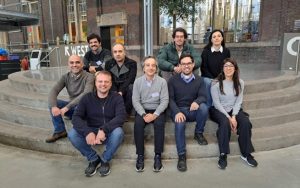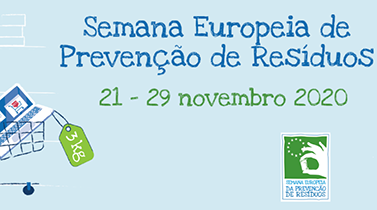A team led by Professor Miguel Azenha and researcher José Granja, linked to the Department of Civil Engineering at the University of Minho and the SC-DiCE Cluster of the Institute for Sustainability and Innovation in Structural Engineering (ISISE), is carrying out research into platforms for streamlining digital urban licensing processes in municipalities. The “LiMA” platform, which will soon be tested in pilot municipalities, involves Building Information Modelling (BIM) technology and makes it possible to fully visualise buildings in 3D, including their various technical components. BIM also stores “non-graphical” information that is vital for better construction.
The team developed a prototype platform called “LiMA”. The tool allows files generated in BIM software to be visualised and checked by all agents in the process. Licensing is normally a time-consuming procedure and using this platform will make it easier, more automated and less prone to errors. Municipalities, whose responsibility it is to monitor any technical non-conformities and validate the details of each project, can thus carry out a more agile prior check in this new procedure, as well as reacting to the new legal frameworks that are coming.
This team has been working on digital urban licensing for a few years, with direct involvement from GaiUrb and the Municipality of Lisbon, and since October 2022 in the international partnership CHEK – Change Toolkit for Digital Building Permit, which has received around five million euros from the Horizon Europe Programme. It is coordinated by the Technical University of Delft (Netherlands) and includes the three partners mentioned above and the DiRoots company from Portugal. Significant developments have been made in this context, which are publicised on this network’s portal.
The EEUM team’s efforts thus gained notoriety, resulting in an invitation from the Ministry of Administrative Modernisation and the Ministry of Housing to join a committee to support the preparation of the BIM assumptions for the “Electronic Platform for Urban Planning Procedures” (PEPU). PEPU aims to homogenise licensing processes, particularly through a single national platform and the homogenisation of instructional elements, as well as the introduction of BIM to speed up assessment processes. The experience with “LiMA” has been fundamental in sharing experiences and positively influencing the next steps in the PEPU.
Miguel Azenha and José Granja’s team also involves the efforts of Bruno Muniz, who recently defended his dissertation in the Master’s programme in Sustainable Construction and Rehabilitation, on the subject of digital urban licensing, and is about to start his PhD in this area. The team has been counting on other contributions and plans to hire two researchers soon.
Coordination of the European BIM+ Master’s programme
BIM (Building Information Modelling) is a methodology for collaboration and information sharing between all those involved in the construction sector, from the promoter to the designer, including construction companies, those responsible for maintenance and demolition where applicable. It contains information on costs, consumption, materials, areas and metrics, environmental declarations and documentation, among other things.
UMinho’s School of Engineering offers an advanced education programme in integrated design, construction and operation of infrastructures in this field, with close links to industry. The European BIM A+ master’s programme began as an Erasmus Mundus project and is currently run at UMinho and the University of Ljubljana (Slovenia), which means that students carry out the academic part and the dissertation at these two institutions. The dissertation is usually in collaboration with one of the course’s 35 partners, including the possibility of stays and internships.





